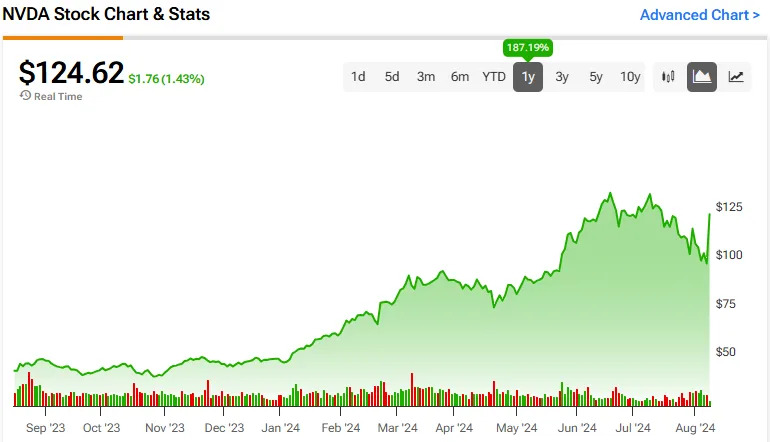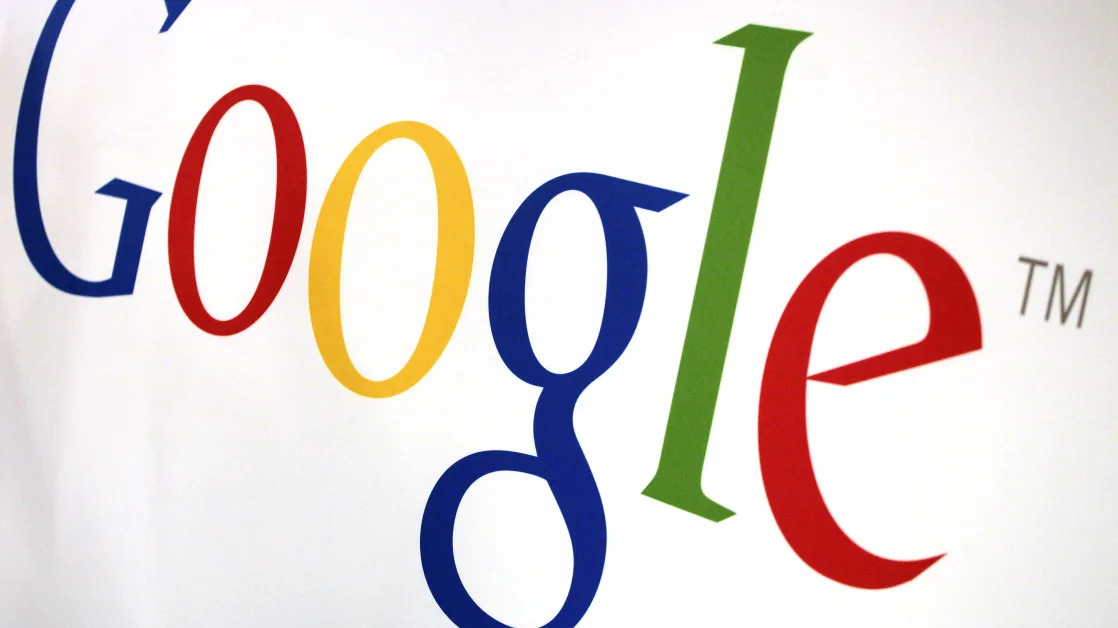
Historically, the stock market has helped create huge amounts of generational wealth. However, all stock investments are not created equal.
Investors keen on building lasting generational wealth should opt for stocks of companies with strong fundamentals, robust financials, and sustainable growth strategies.
Apple , Amazon , Nvidia , Microsoft (NASDAQ: MSFT) , Alphabet (NASDAQ: GOOG) (NASDAQ: GOOGL) , Tesla , and Meta Platforms , collectively known as the " Magnificent Seven, " are the seven technology stocks that have demonstrated impressive performance in the past year. Of these, Microsoft and Alphabet are well positioned to continue generating robust returns even in the coming years -- wealth that can be passed down through generations.
Here's why.
Microsoft
Microsoft stock is nearly 10% below its 52-week high of $468.35 in early July 2024. The stock failed to take off after the fourth-quarter fiscal 2024 earnings results (ending June 30) despite surpassing revenue and earnings estimates. This was mainly due to slower-than-expected growth in its Azure cloud business.
Yet, the long-term growth story of this prominent player in the $5.06 trillion global IT market is intact thanks to its well-diversified business model and large client base spread across verticals and geographies. Azure is still the cornerstone of the company's long-term growth strategy. It accounted for a 20% share of the global cloud infrastructure services market in Q2 (ending June 30, 2024), up 3 percentage points from two years ago.
AI workloads have been a major growth catalyst for Azure and accounted for nearly 8 percentage points of the cloud-computing business's year-over-year revenue growth in Q4. Microsoft also noted a 60% year-over-year increase in the number of Azure AI customers to 60,000, as well as an increase in average spend per customer at the end of Q4. Furthermore, the number of Azure AI customers using the company's data and analytics tools also grew 50% year over year in Q4.
Microsoft is also seeing increased adoption of the AI-powered CoPilot assistants across its core offerings, with the number of CoPilot customers growing 60% sequentially and existing enterprise customers significantly increasing usage in Q4. The company's partnership with ChatGPT developer OpenAI has proved transformational for the company, and increasing monetization of its AI services will be a major tailwind in the coming years.
Microsoft produced a net income of $88.1 billion on $245.1 billion of revenue in fiscal 2024. Microsoft's cash flow from operations reached $119 billion in fiscal 2024, which implies that the company has substantial resources to continue with its AI capex investments in the coming years.
Considering these factors, Microsoft can be an impressive pick for long-term investors based on its strong economic moat, resilient and diversified business model, multiple AI-powered tailwinds, and robust financials.
Alphabet
Alphabet, the digital advertising giant and parent of Google, YouTube, and the Android operating system, Alphabet, reported Q2 earnings results on July 23. Its shares dropped despite strong revenues and an earnings beat. Management's remarks about increasing pressures on Q3 operating income margins seem to have unnerved many investors. Share prices have further slid down after a recent Bloomberg report claimed that the U.S. Department of Justice may be considering breaking up the company for monopolizing the internet search market through exclusive deals with smartphone makers such as Apple and Samsung.
While the impending uncertainty is worrisome, the long-term impact on the stock will be minimal. Google accounts for 91% of the global internet search market. Hence, even without exclusive deals with mobile phone makers, Google will maintain a dominant position in the Internet search market and the U.S. digital advertising market at least for the next few years. According to Statista Research Department, Google's share of U.S. digital advertising revenue is expected to decline from 26.8% in 2023 to 23.9% in 2026. Google is projected to be the largest digital-ad publisher in the U.S. till 2026.
To tackle increasing competition from the likes of Microsoft's Bing and AI-powered search engines such as Perplexity.ai and OpenAI's new search engine called SearchGPT, Alphabet is incorporating advanced AI and machine learning capabilities in its Google search engine to provide more contextual and relevant results. The company is leveraging its large user base and immense data pool to effectively train its own generative artificial intelligence-based family of Gemini models. More than 1.5 million developers were using Gemini by the end of Q2.
Alphabet's Google Cloud business is also picking up momentum and crossed $10 billion in quarterly revenues for the first time in Q2. The company's diversified product portfolio has ensured that the company is not excessively dependent only on a single product or service.
Alphabet is also cash-rich, with $101 billion in cash and marketable securities at the end of Q2, giving it the financial flexibility to invest in AI initiatives. Yet, the company trades at only 6.2 times trailing 12-month sales, far lower than many other AI-powered technology titans. Considering its outstanding qualities and reasonable valuation, Alphabet seems a no-brainer, long-term pick for the astute investor.
Before you buy stock in Microsoft, consider this:





